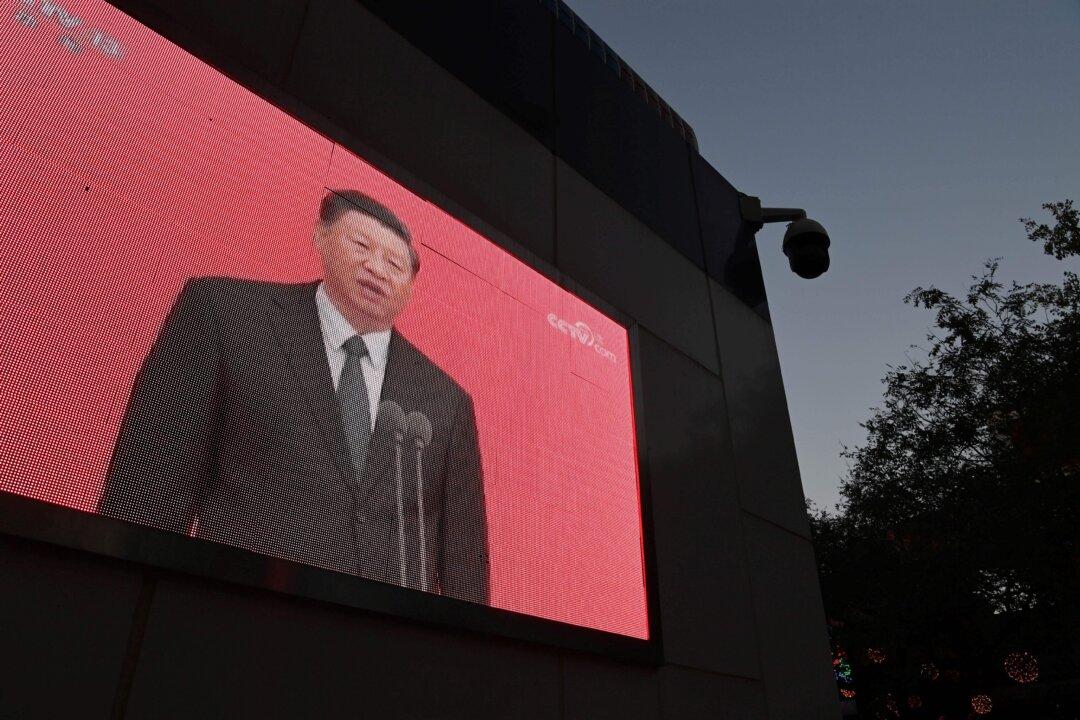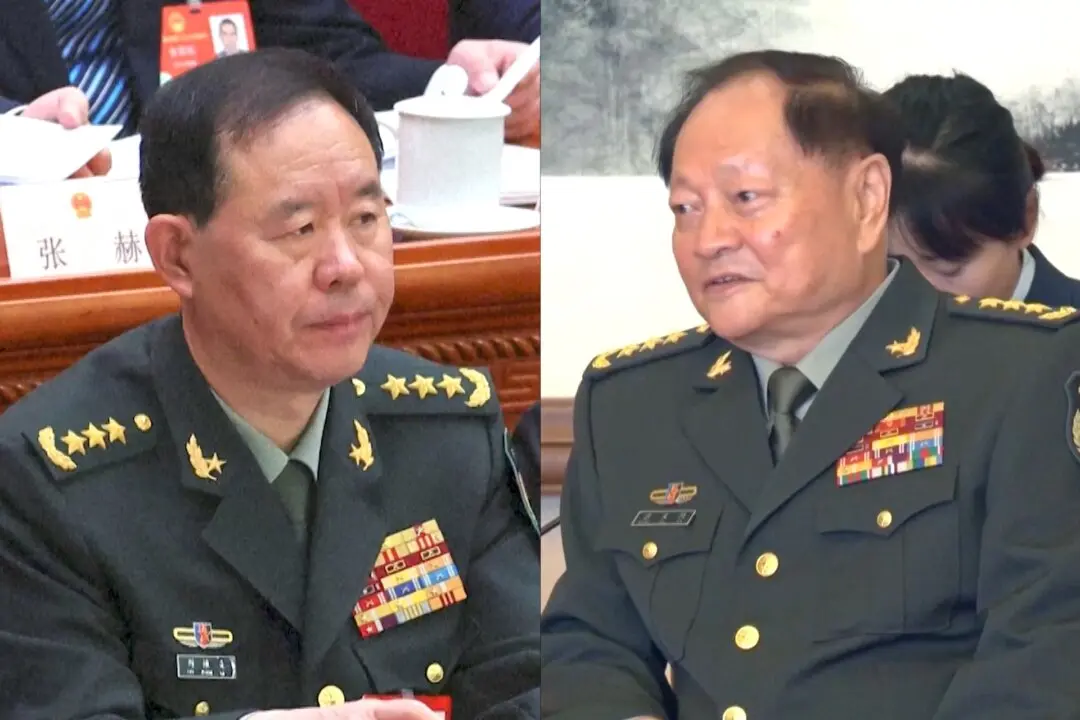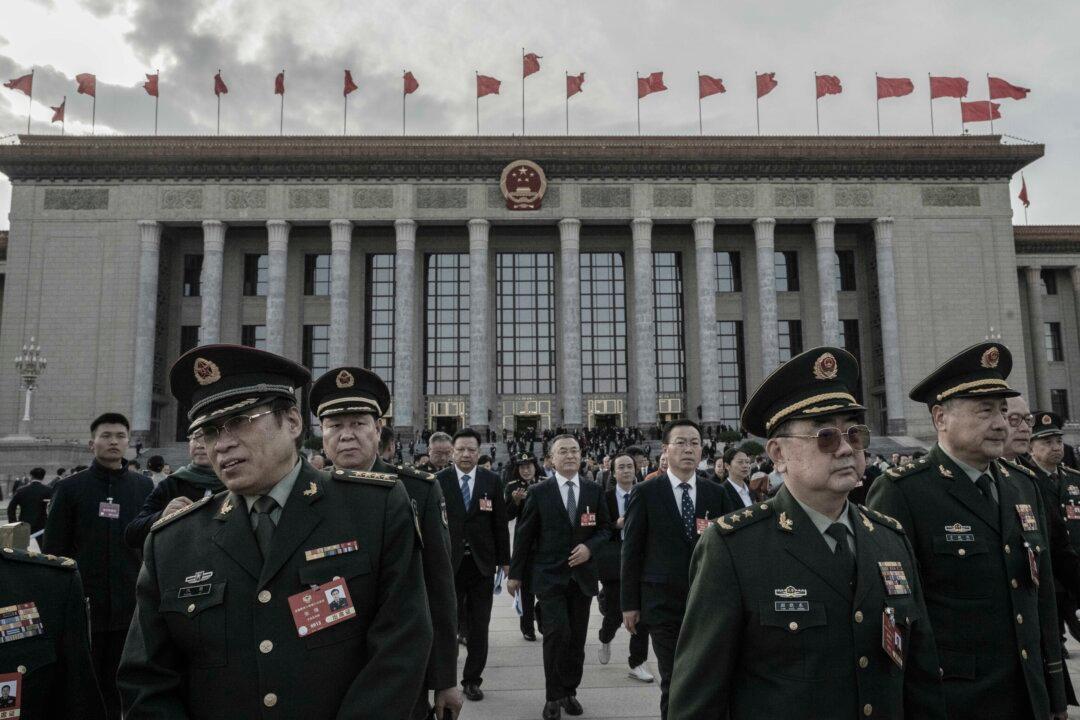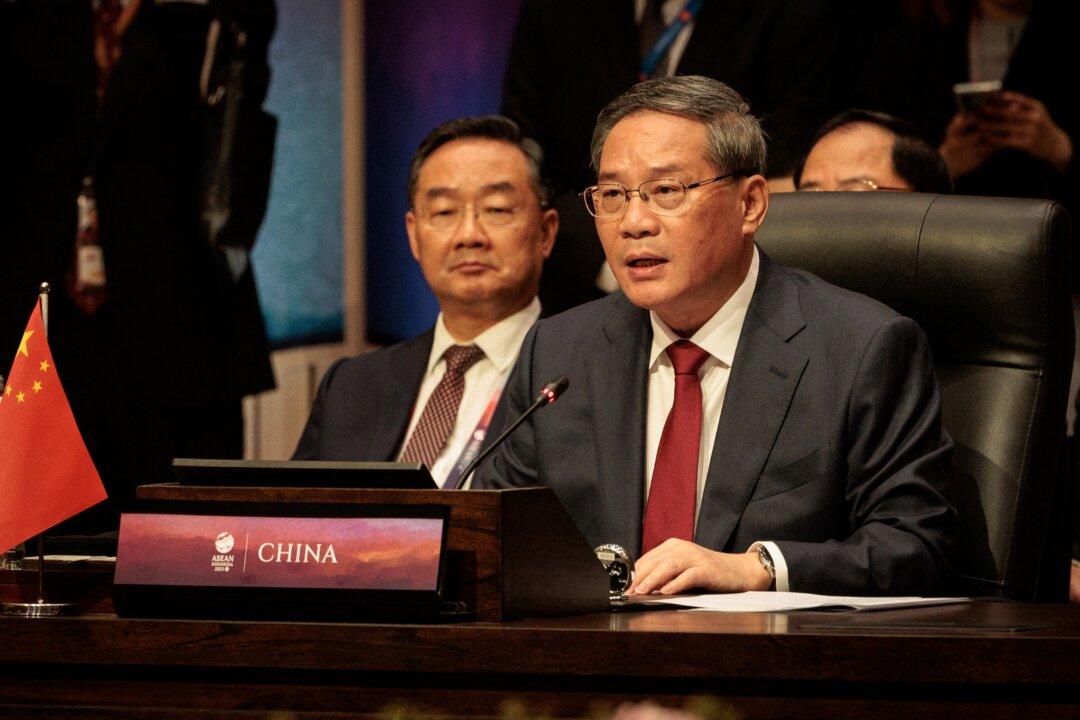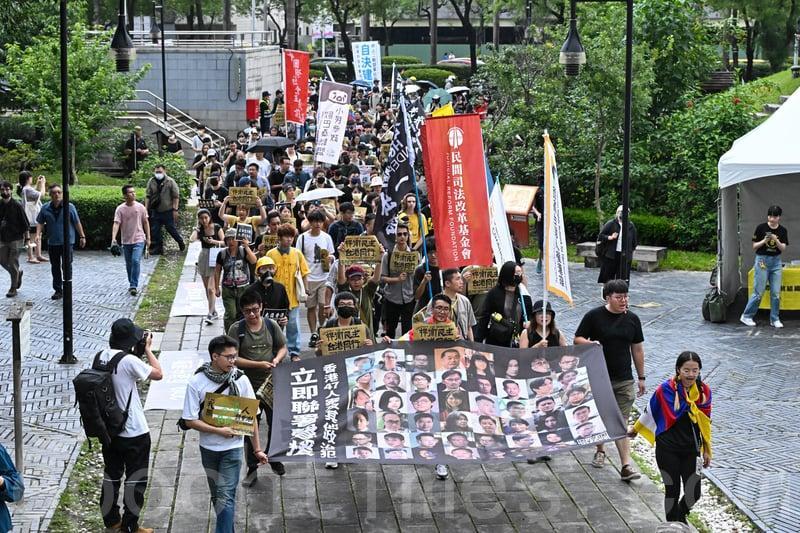Commentary
On Nov. 27, Chinese state-run media Xinhua published a special article titled, “Strike a Strong Tone for the Era of Building a Community with a Shared Future for Mankind.” It was a high-profile summary of Chinese leader Xi Jinping’s speeches during virtual conferences this year, such as the SCO (Shanghai Cooperation Organization), BRICS (Brazil, Russia, India, China, and South Africa), APEC ( Asia-Pacific Economic Cooperation), and G-20 summits.
